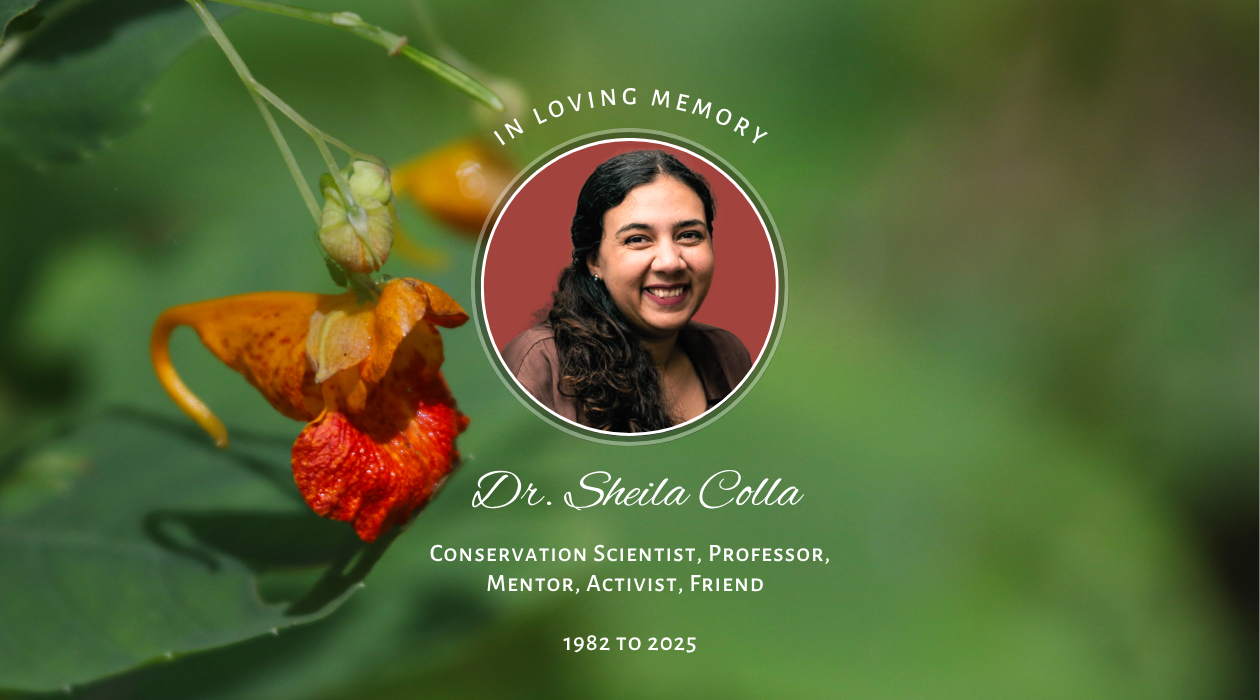SHEILA RAFAELLA COLLA
1982 to 2025
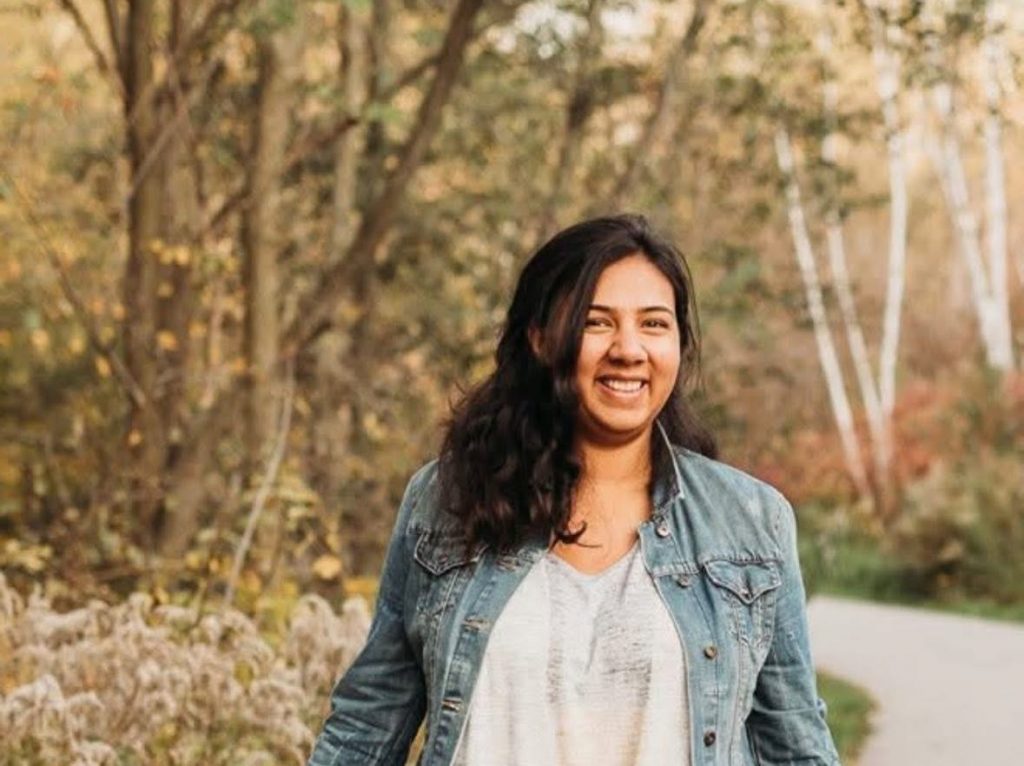
With heavy hearts, we share that Sheila Rafaella Colla – beloved partner and mother, sister and daughter, professor and mentor, scientist and author, ecologist and activist, and friend to so, so many – died July 6, 2025 at the age of 43, after 20 months of bravely living with Mesothelioma.
Sheila is survived by her husband Marc Michalak, cherished children Tristan and Rowan, father Daniel Colla, mother Marlene Colla, sister Christina Colla (Josh Huson), brothers Elia and Michael Colla, and nephews Sebastian and Orion Huson.
Sheila was born on May 4, 1982 in East York and grew up in neighbourhoods all over Greater Toronto from Scarborough to Markham to North York, but spent her summers exploring the hilltops and vineyards of Veneto in the small Italian village where her grandparents farmed.
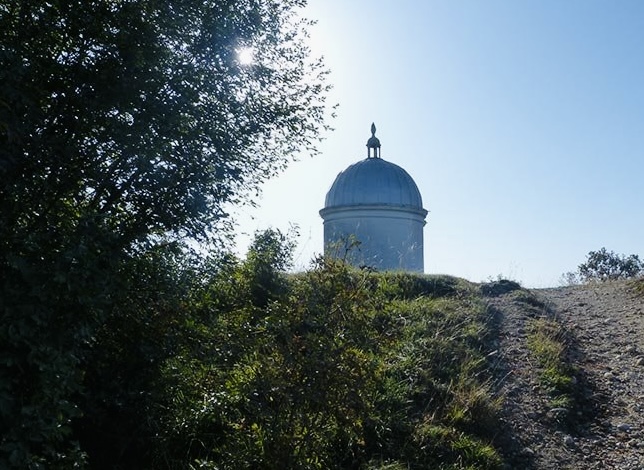
On family walks to the tiny chapel of San Giorgio, as a little girl, Sheila knew all the wildflowers from the local guidebooks she studied, and while foraging wild asparagus, herbs, or blackberries, Sheila would also search for signs of fairies. This appreciation for the land in all its generosity and wonder – and love for winged beings – would influence the conservationist she became.
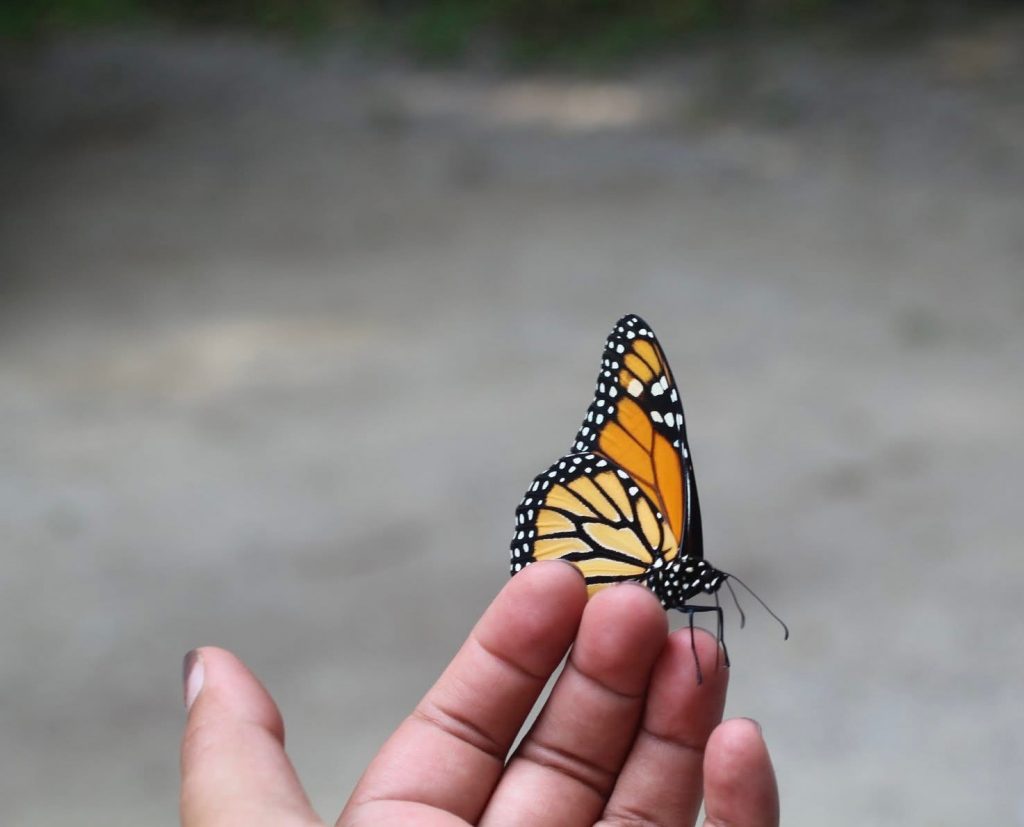
Sheila was always a star science student so it was no surprise when she graduated with distinction from the University of Toronto with an honours degree in Zoology in 2005, or that she then went on to graduate in the top of her class, achieving her PhD from York University’s Department of Biology in 2012.
Early in her academic career, when there was virtually no public interest in bees, Sheila was one of the first conservation scientists to study their populations, document the decline of the Rusty-patched Bumble Bee specifically, and successfully help advocate for it to be the first bee listed federally as endangered in both Canada and the U.S.. She used the Rusty-patched Bumble Bee’s story as a cautionary tale to explain conservation science and biodiversity and teach her university students, the general public, NGOs, and government bodies to appreciate the value, beauty, and vulnerability of all at-risk pollinators, and, most of all, encourage participation in their protection.
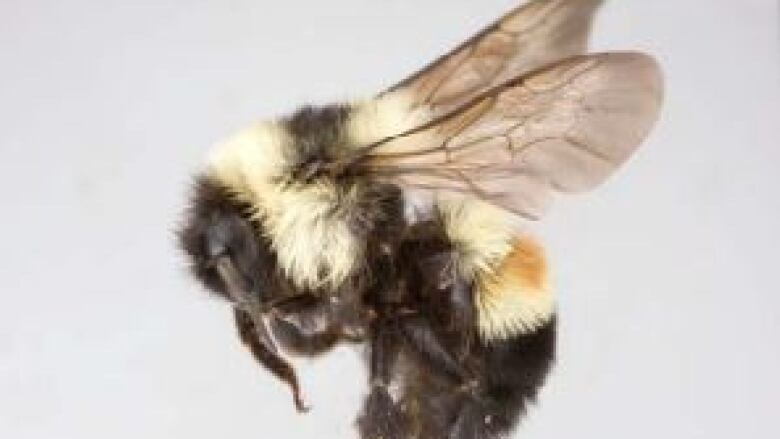
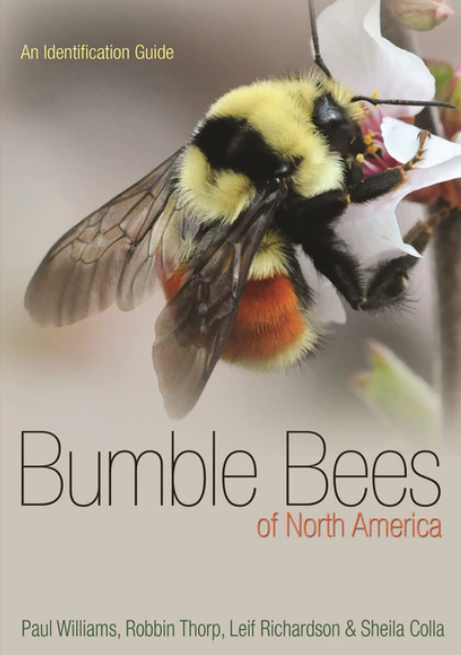
The little girl who read nature guidebooks grew up to write her own. A Field Guide to the Bumblebees of North America won the American Library Association Outstanding Reference Source Award, and has sold more than 20,000 copies, making it one of the most widely used wildlife identification guidebooks in North America. Another of her books, A Garden for the Rusty-patched Bumblebee: Creating Habitat for Native Pollinators, is a national bestseller.
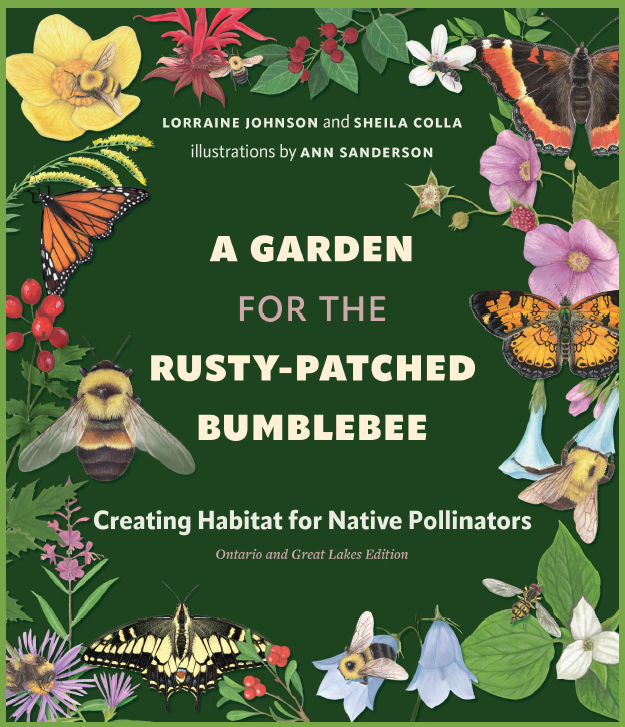
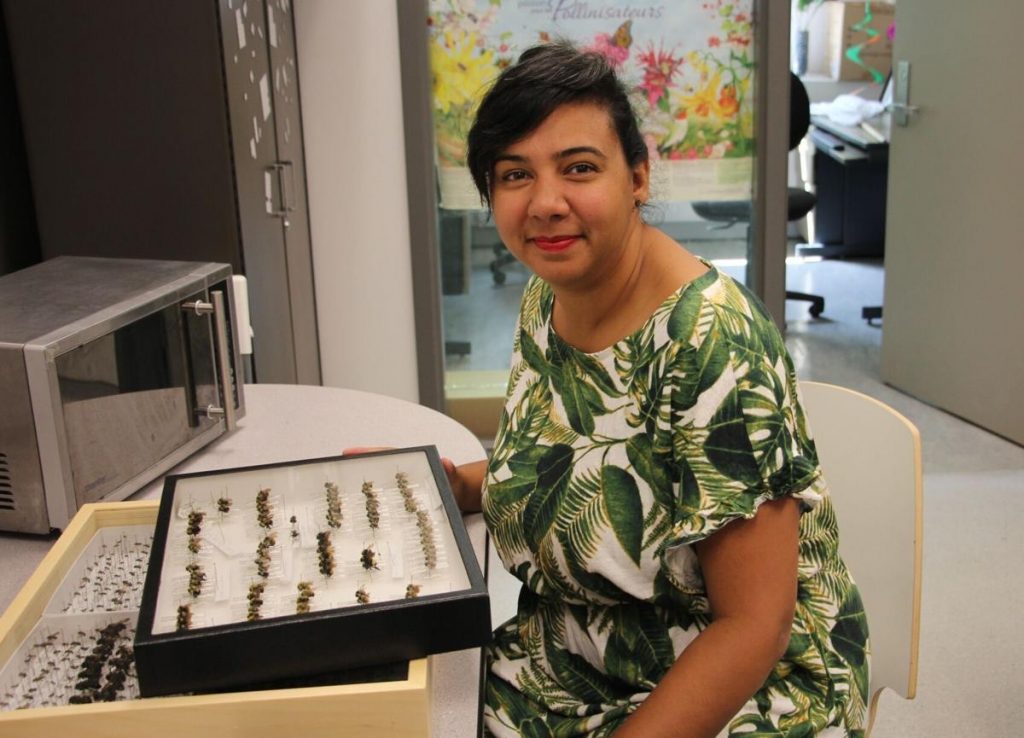
Sheila’s is one of the most respected voices for wild bee conservation. She co-authored numerous research articles with colleagues and students that have shaped our understanding of wild bee declines and conservation tools, research papers have been cited more than 5,500 times. She produced key studies on the status of and threats to wild pollinators, which have since become part of a large and growing field of insect conservation, including for species to receive provincial and federal protection. She was a thoughtful and skilled collaborator; as an interdisciplinary conservation scientist, her articles spanned the natural and social sciences. She was invited to lecture all around the world.
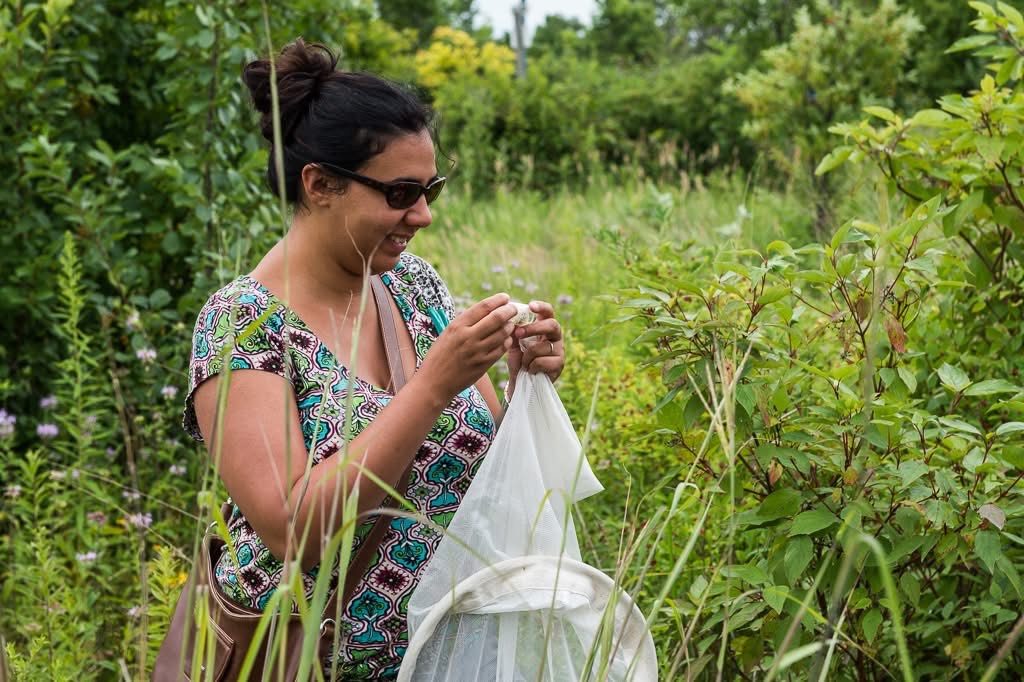
In service of pollinator protection, she was also a leading voice in the development of policy, citizen/community science programs, and conservation science communication in the United States, Canada, Ontario, and Toronto. She gave more than 100 educational public talks about pollinator conservation to communities, teaching more than 11,000 adults and 3,000 youth in libraries, community centres, and, of course, green spaces, and, in the early years of the pandemic, many “bee talks” for school children over Zoom.
Additionally, she was frequently interviewed by journalists on environmental issues, her stories collectively reaching over one million people. And she contributed her own writing outside of scientific journals to The Conversation and Toronto Star. She helped produce several free resources to educate and encourage action to promote pollinators, including helping create the Bees of Toronto guide, a downloadable poster about the bumble bee species of Southern Ontario, and an accessible guide to planting a flower patch for the rusty-patched bumble bee.

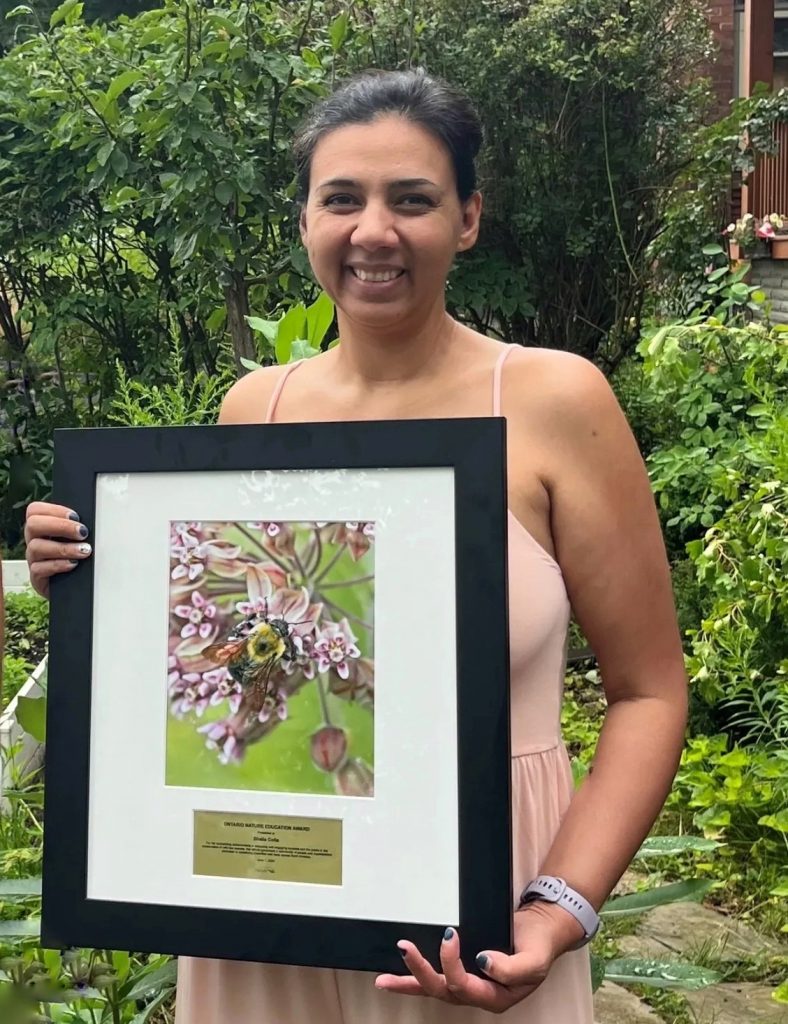
Sheila was celebrated with numerous prestigious awards, including the Natural Sciences and Engineering Research Council of Canada Award for Science Promotion, the Ontario Nature Education Award, the Entomological Society of Canada C. Gordon Hewitt Award, and the King Charles III Coronation Medal.
Since her appointment in 2015 at the then Faculty of Environmental Studies (now Faculty of Environmental and Urban Change), Sheila contributed generously to her York University community as a professor and colleague. As an Executive Committee member of York’s Centre for Bee Ecology, Evolution & Conservation (BEEc), she was a driving force guiding the research group to foster interdisciplinary, innovative, collaborative, and cutting-edge research for the advancement of knowledge and the implementation of policy changes to help sustain pollinators globally.
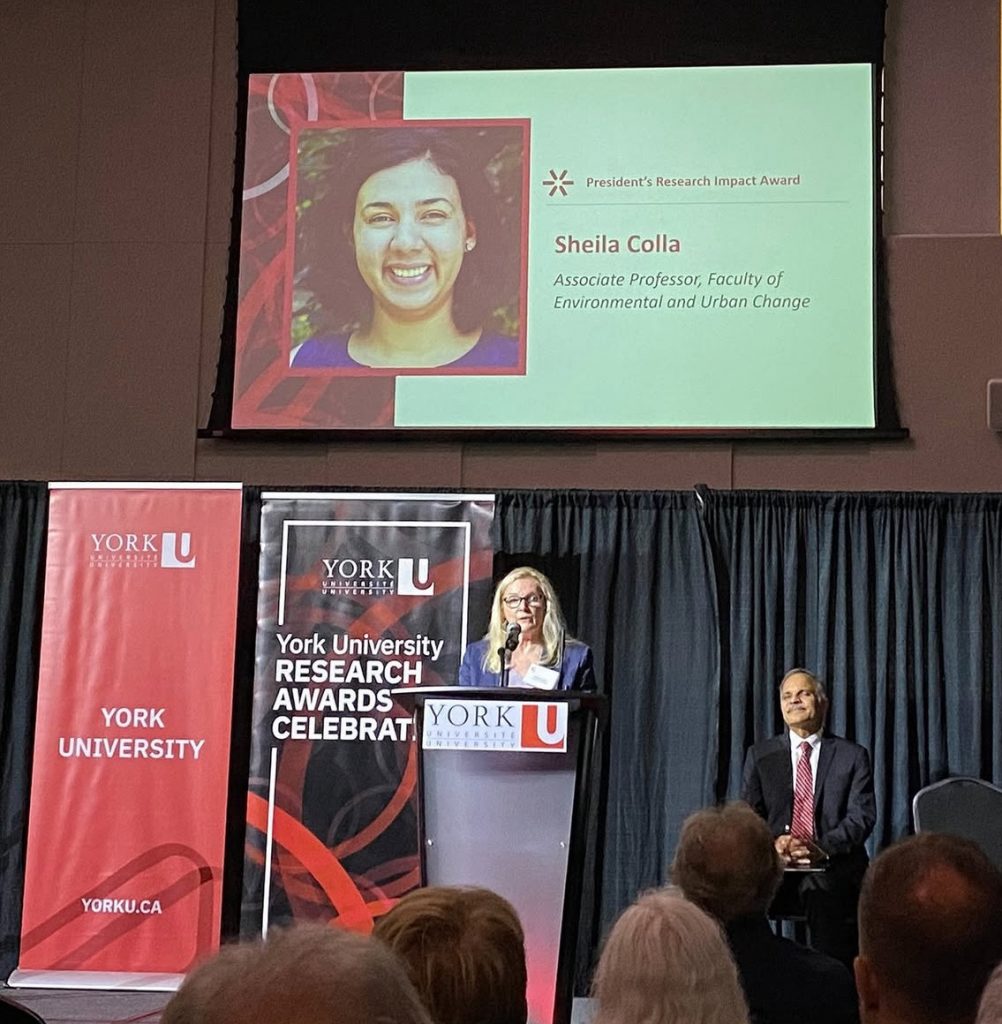
The brilliant members of her Colla Conservation Science Lab and the many students and scientists Sheila mentored are the proudest part of her professional legacy. A dedicated teacher, she tracked and celebrated their accomplishments from her hospice bed.
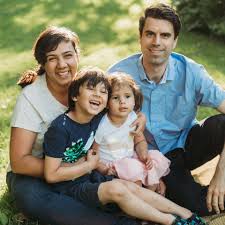
York University gave Sheila more than an academic home: in 2005, it is where she met a handsome young Marc Michalak, the calm counterbalance to her determined spirit, the man who would become her husband in the summer of 2011, and the father of their cherished children, Tristan in 2013, and Rowan in 2016. Also the man who would learn passable Italian for her in a week so they could legally buy property near her grandparents’ village. The man who filled her life with music, whose videos of his singing she would privately and proudly share with friends. The man who paused his important work as a musician and teacher to care for their family, and make Sheila feel safe.
Sheila deeply understood how to nurture community, whether it was in wildlife habitat, a classroom, research lab, or in her neighbourhood of East York where she helped organize East Enders Against Racism and local parenting groups and worthy political campaigns, and where she would wave over the shy neighbours to sit with her in the park on market Thursdays, where she made sure everyone felt they belonged. Growing up, as the first-born, she mothered her younger siblings. As an adult, she taught us how to take better care of each other.
Tristan and Rowan are her whole heart and her love for them is beyond words and beyond the end of life.
Sheila’s loved ones are grateful for the kind support of all Hennick Bridgepoint Hospice staff, especially Sheila’s cousin and palliative care nurse Utina Colla whose care in Sheila’s final days was so meaningful. They are also thankful for the support of medical oncologist Dr. Penelope Bradbury and family doctor Dr. KitShan Lee and the other compassionate doctors, nurses, and medical staff who provided care across her multiple hospital visits. They also greatly appreciate the kinship Sheila found in online Mesothelioma support groups – thank you to everyone who shared their experience and understanding with her.
Tributes
If you wish to share a memory or send a note to the family, one way to do so is via the funeral home website here.
Ways to remember Sheila & support her family
In Sheila’s honour, please consider planting a flower or tree native to where you live, or uploading a bumble bee sighting to www.BumbleBeeWatch.org, the community science project she helped found; or find the best cannoli in your town and bring some to a friend; or write your government officials and ask them to implement a pollinator protection plan; or make a contribution for Marc and the children through their GoFundMe; or sit quietly and contemplate the overwhelming beauty of this world even as it breaks your heart. Or all of those. Because that’s what Sheila would do.
